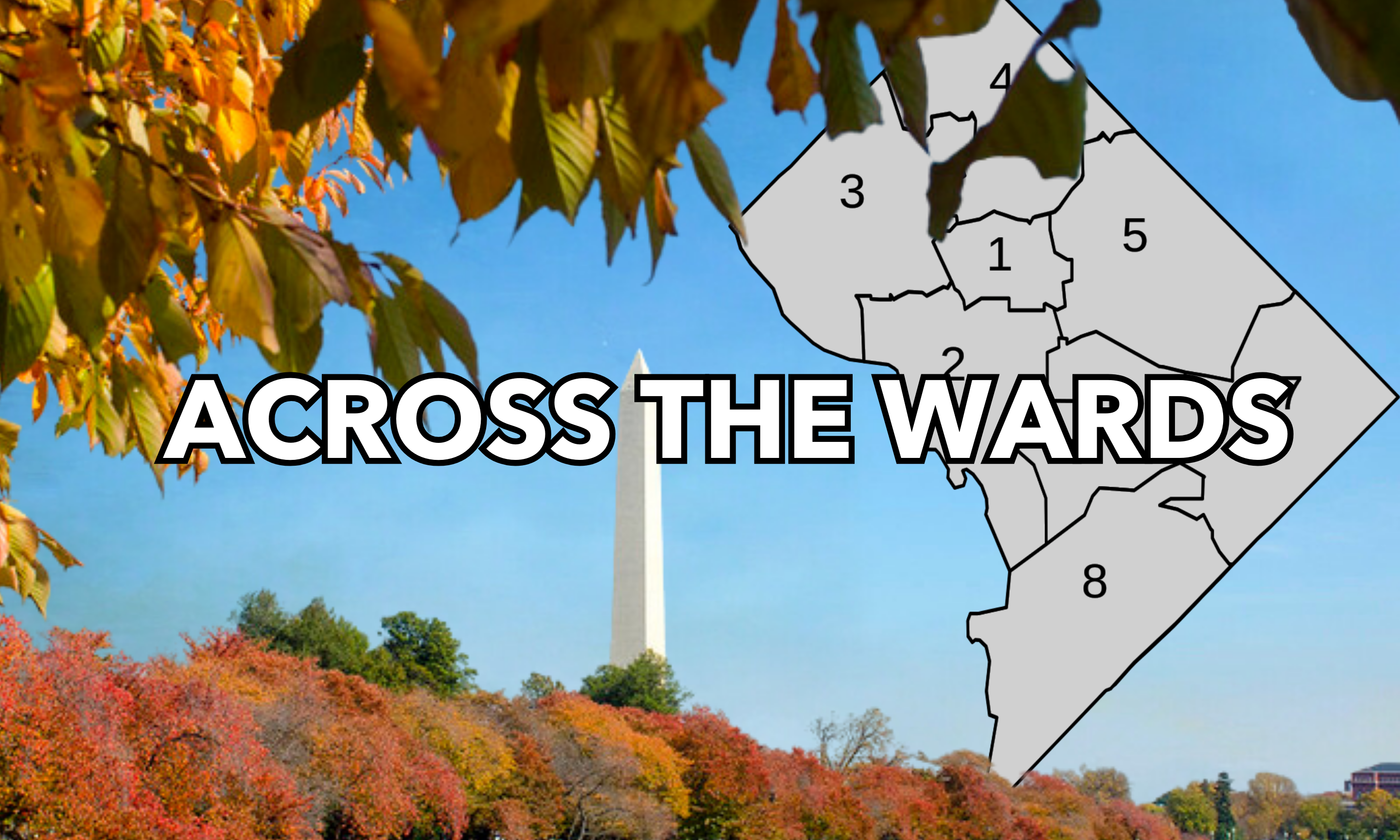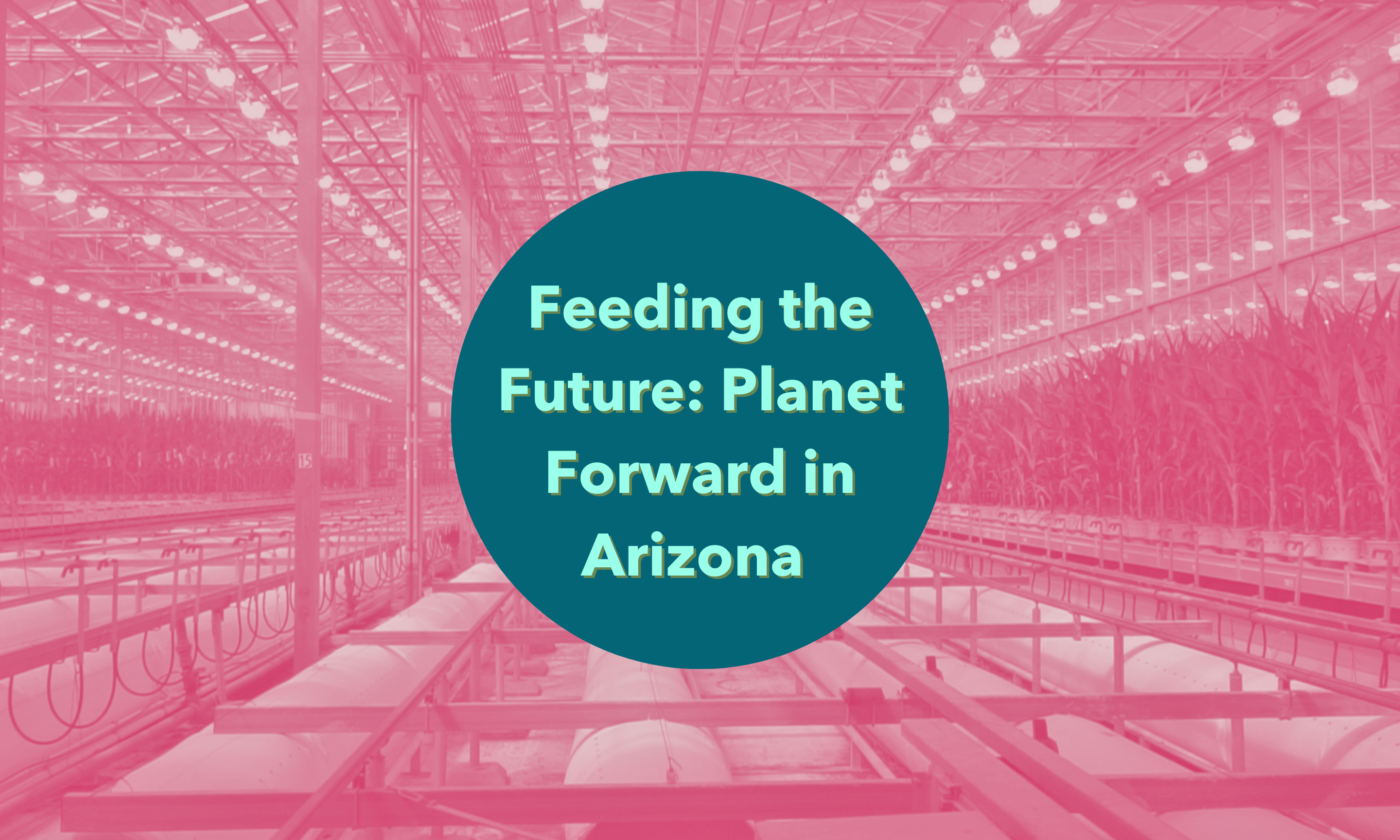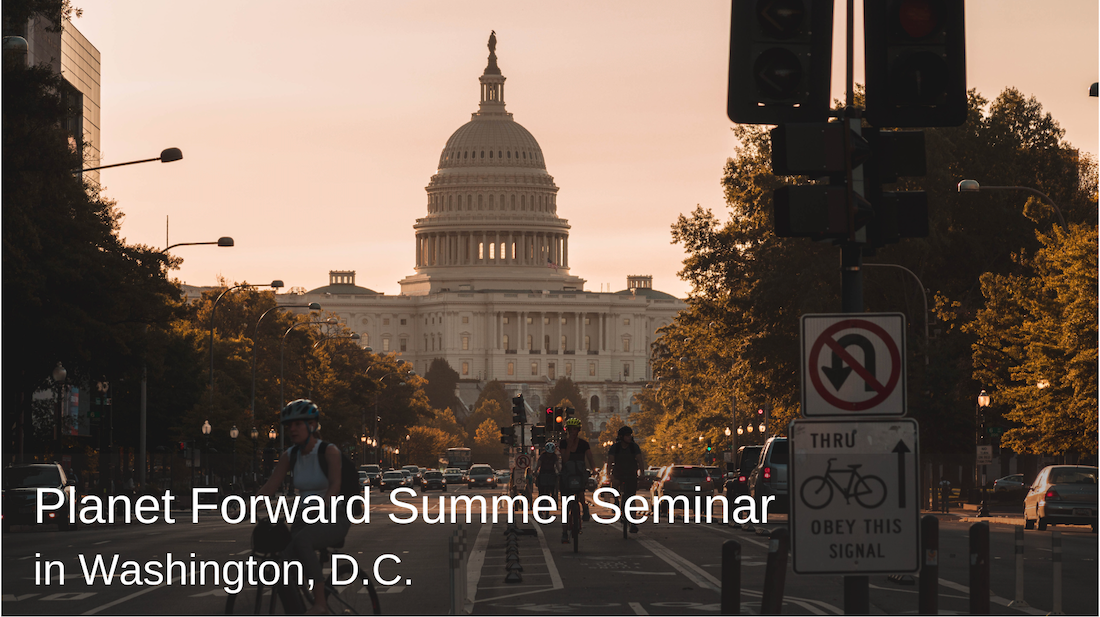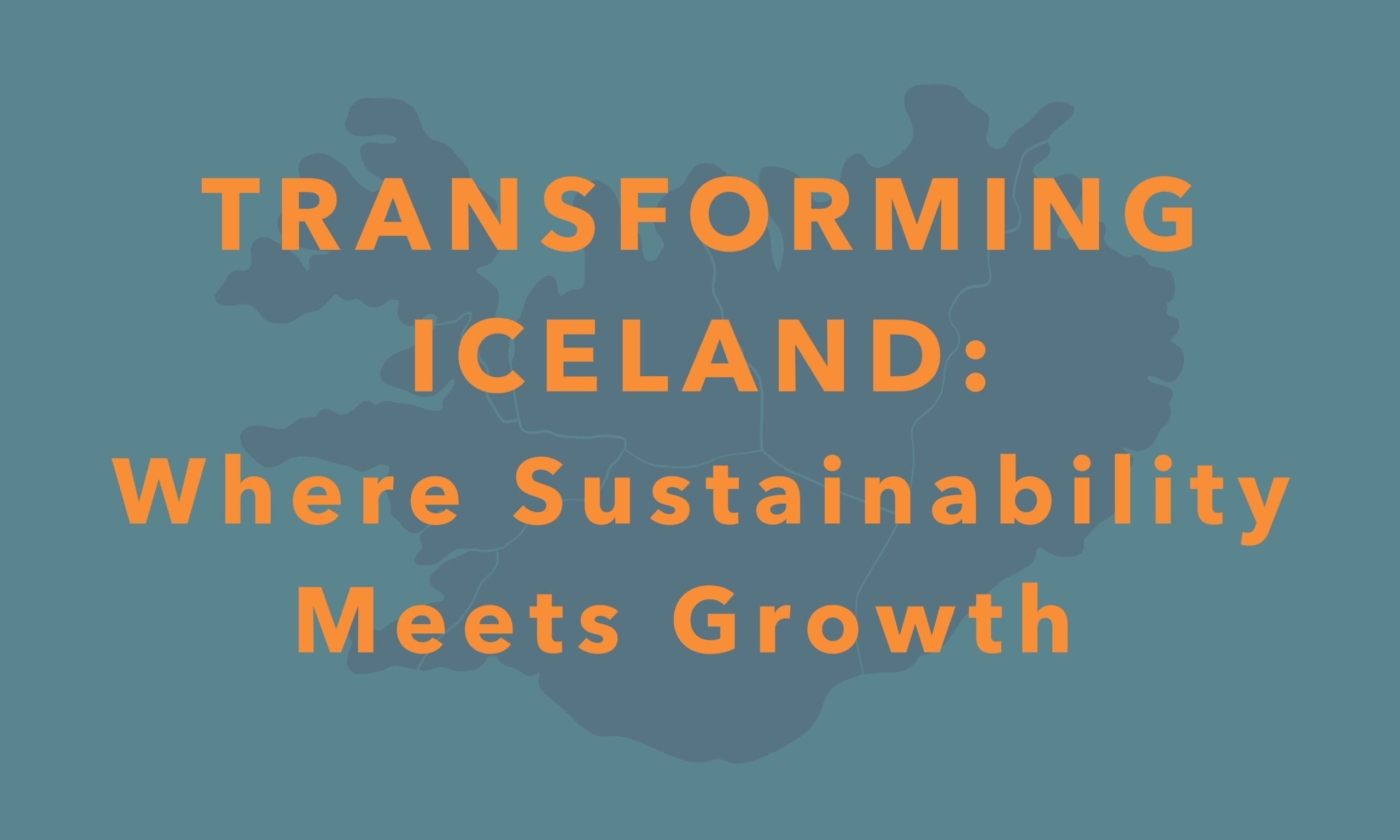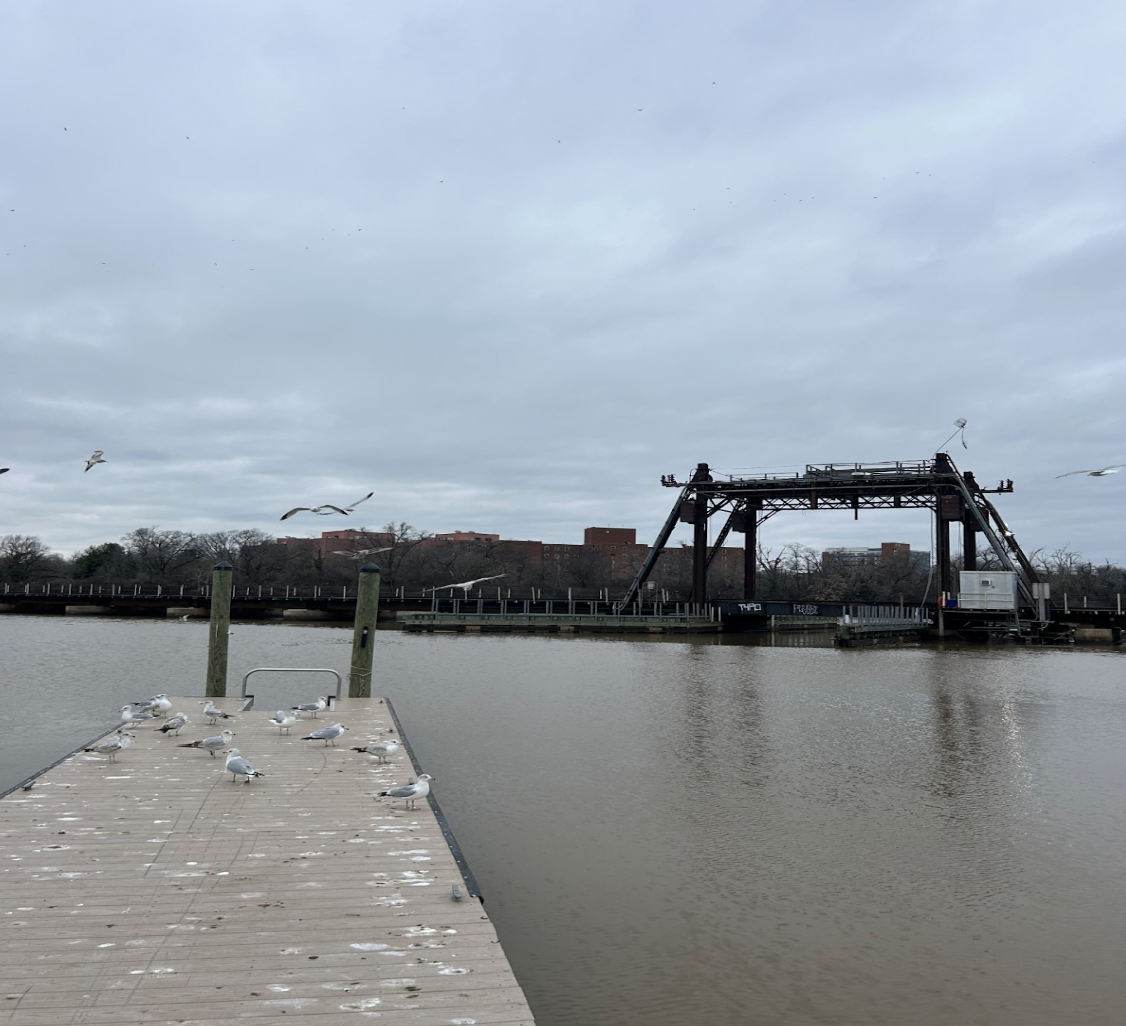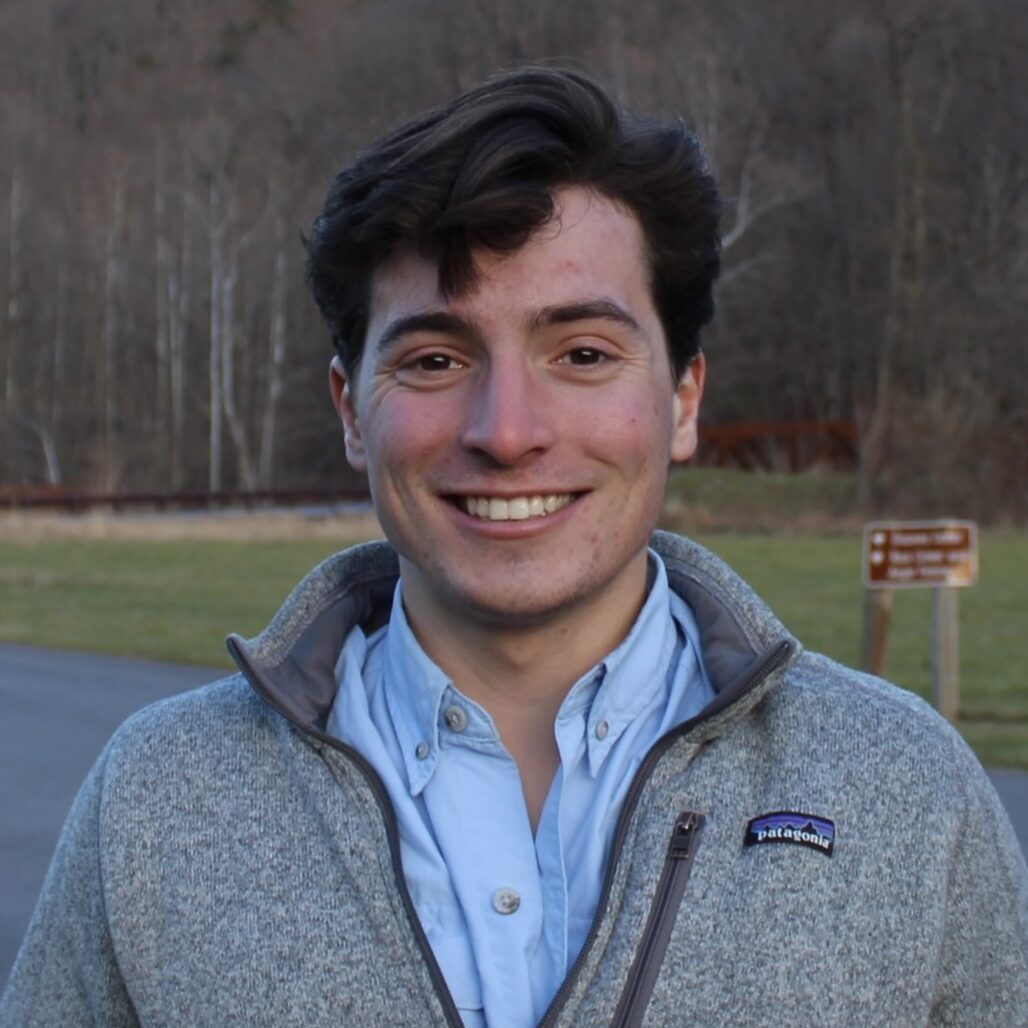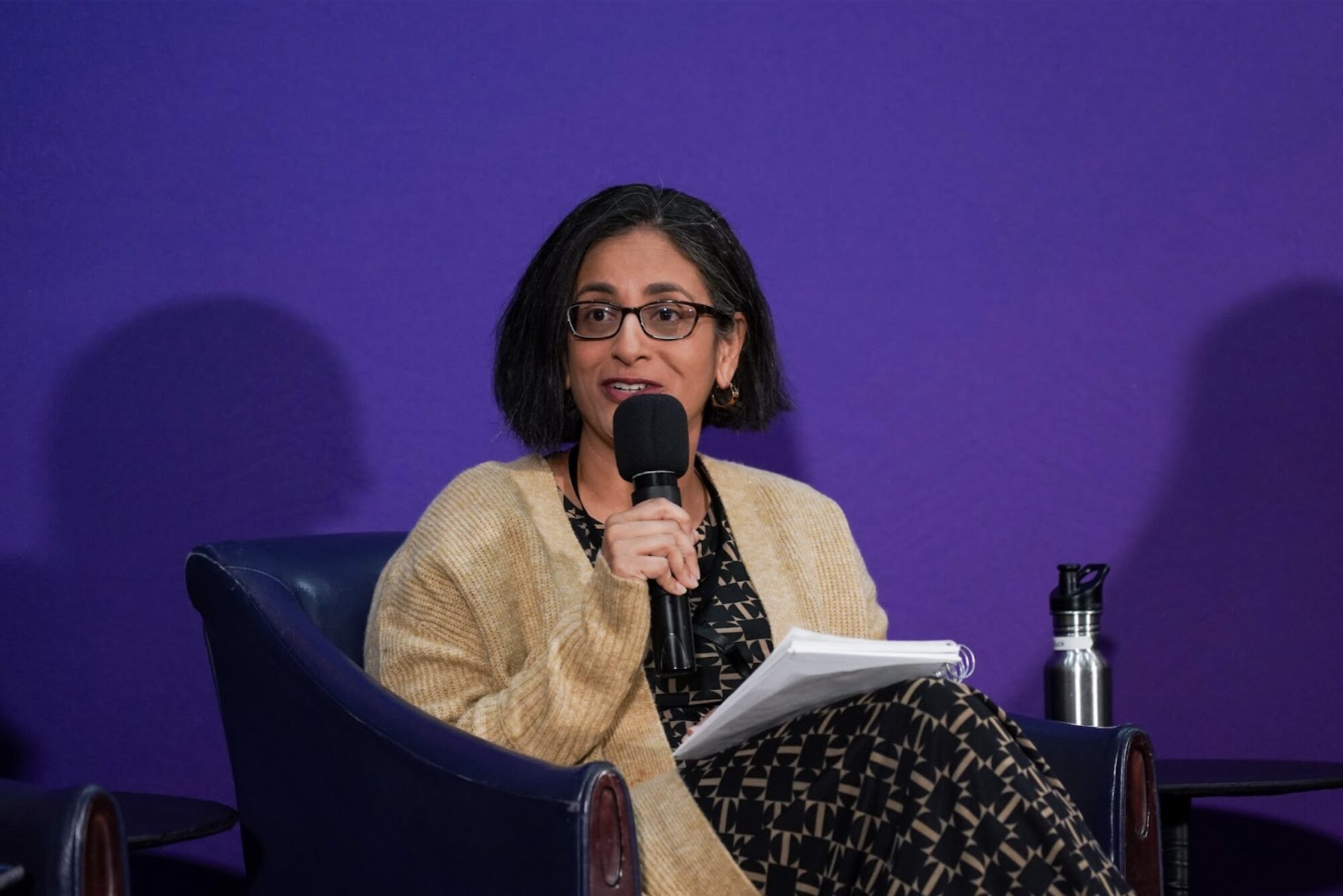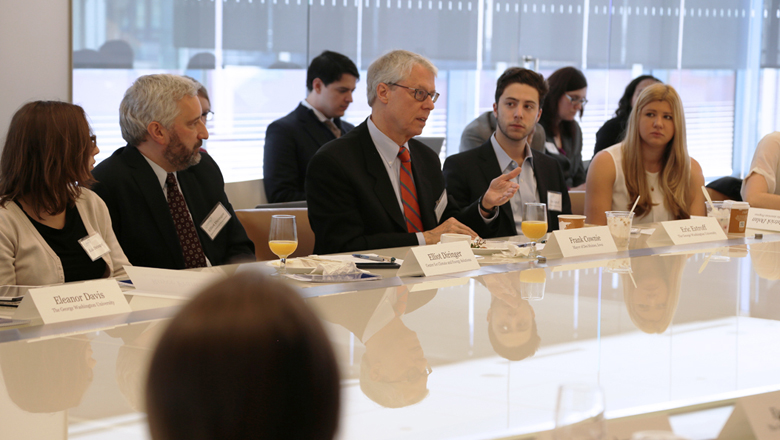
Debrief on Paris: Working Toward a Better Climate, Together

“An unprecedented gathering of political will” is what made December’s climate change agreement in Paris a success, according to United Nations Conference on Climate Change (COP21) attendee and Planet Forward Salon guest speaker Elliot Diringer, the executive vice president of the Center for Climate and Energy Solutions.
He and other COP21 attendees, including fellow guest speaker Des Moines, Iowa, Mayor Frank Cownie, gathered on Jan. 19 to debrief at Holland & Knight’s Washington, D.C., offices.
Diringer said the delegates drew on lessons and experiences of the past 20 years, and represented a “hybrid approach” to the problem, drawing on national and local governments and well as “non-state actors.” While he hesitated to call the agreement “historic,” as time will tell, he did say the signatories “emerged with a genuine sense of accomplishment.”
The first Planet Forward Salon of the year focused on the agreement’s next steps: How will it affect us and the future of our cities, worldwide?
Diringer pointed out three major takeaways that he felt would affect both cities and local governments.
First, the agreement establishes a “multilateral structure” to taking on climate change.
“The major factor that will drive the overall process is a new level of transparency,” he said, through data, evaluation and meetings every five years. This will instill a greater confidence that everyone is pitching in their fair share. He referred to this as a “cycle of ambition,” which will drive processes and accomplishments — because agreements aren’t enough.
Second, “COP21 resulted in a commitment for a ‘nationally determined contribution’” that will drive countries to put policies into place that will help them achieve their goals.
Third, is the signal that the success at COP21 clearly sent, worldwide.
“It is a signal, a message, that these targets are now accepted, agreed upon and should drive decision-making,” he said. The question now, Diringer said, is “does it affect how prepared we are to act? And how will it shape politics from a national level to city councils?”
As someone leading on the local level — and a signatory on the 2014 Compact of Mayors — Mayor Cownie reinforced the goals and ambitions he has stated for Des Moines. The city’s aiming for a 25% reduction in carbon emissions by 2030 and 50% by 2050 — though Cownie said he’s “hoping to be Net Zero by 2050.”
“We have to do something,” Cownie said. “And we’ve got to respond right now.”
Cownie also addressed concerns over the politicization of the terms “sustainability” and “climate change.”
“One of my fears is, at the local level, we try to operate as nonpartisan,” said Cownie, a Democrat. But what happens when we elect the next president, or our next mayor — and their vision doesn’t align with the efforts of the current leader, he said.
“As voters, we need to elect those who will support these (environmental) initiatives,” Cownie said.
Public discourse is also conducted with that nonpartisan angle. “It’s an education process; I talk about our local initiatives,” he said. “I don’t use ‘sustainability’ exactly,” but climate events, such as floods, and water quality are things that will get people to listen, Cownie said.
“It’s interesting how we need to run away from the issue to run toward it,” said Frank Sesno, the chief executive for Planet Forward and director of George Washington University’s School of Media and Public Affairs, referring to how the use of particular language needs to be limited in order to achieve positive environmental outcomes.
While several other issues were discussed at this Salon, the representatives agreed that one of the biggest takeaways from COP21 was that environmental concerns should be handled from the bottom-up rather than top-down. This means that these concerns should be initially addressed by local citizens and governments, rather than the federal government.
The Paris agreement was a major moment, Diringer said. “It is a huge step forward.”
But “we need to stop making this a partisan issue and do what we need to do. Especially for young people,” said Beth Viola, the board chair at Planet Forward and senior policy advisor at Holland & Knight. “It’s up to you guys.”
Planet Forward staff contributed to this report.
(Mayor Frank Cownie of Des Moines, Iowa, speaks at the Salon on Tuesday, Jan. 19. Fellow guest speaker Elliot Diringer, the executive vice president of the Center for Climate and Energy Solutions, sits on Cownie’s right. / Photo by Devin Greene)






